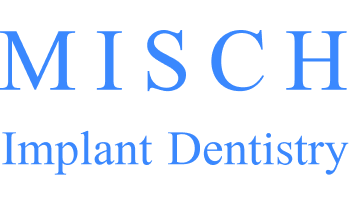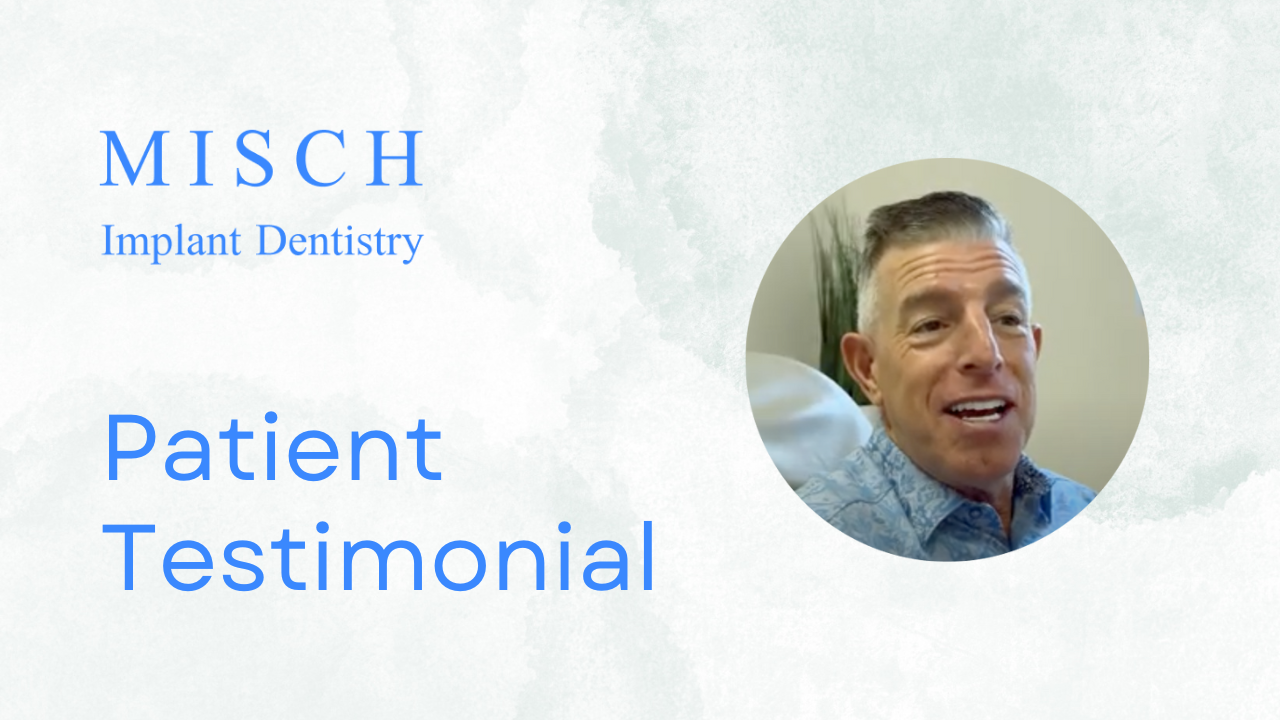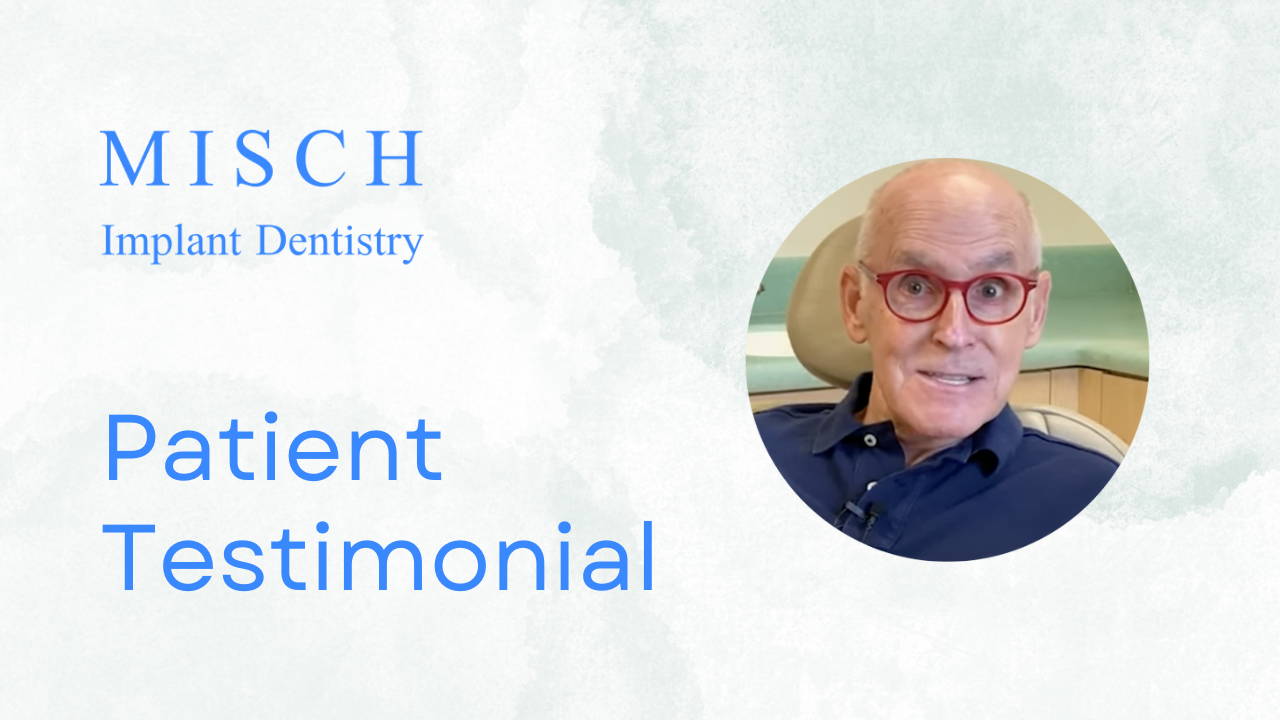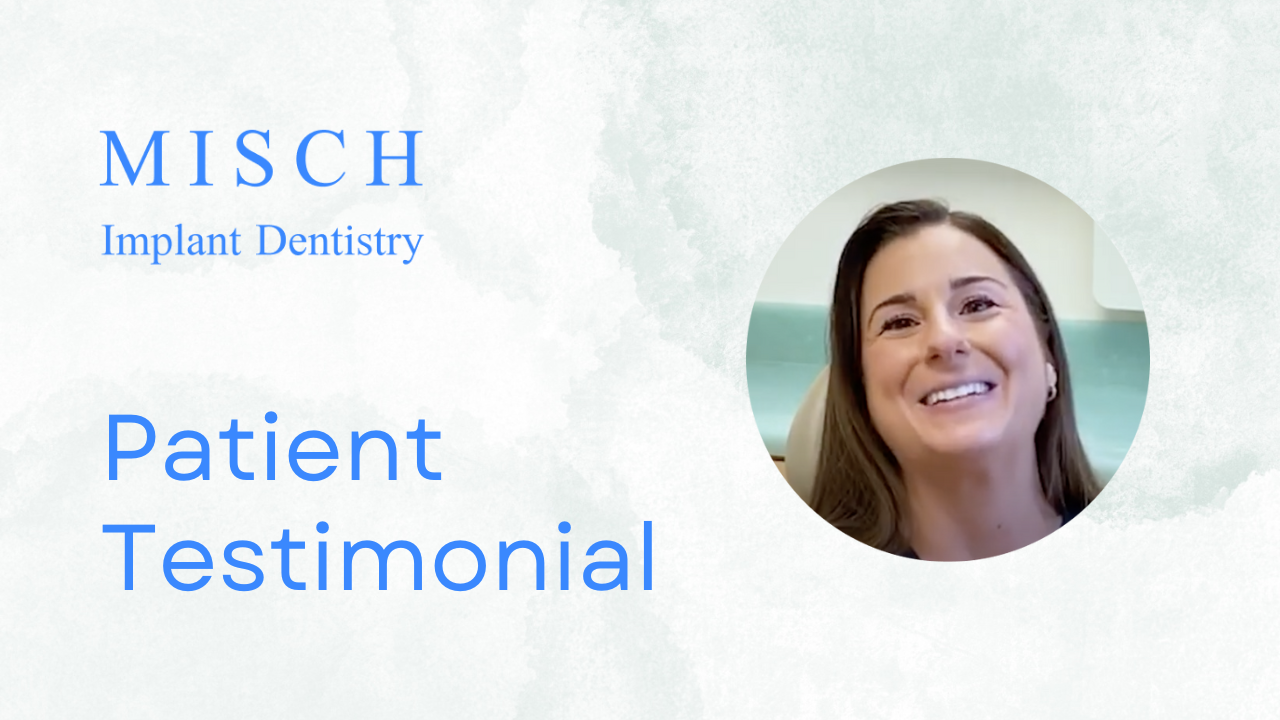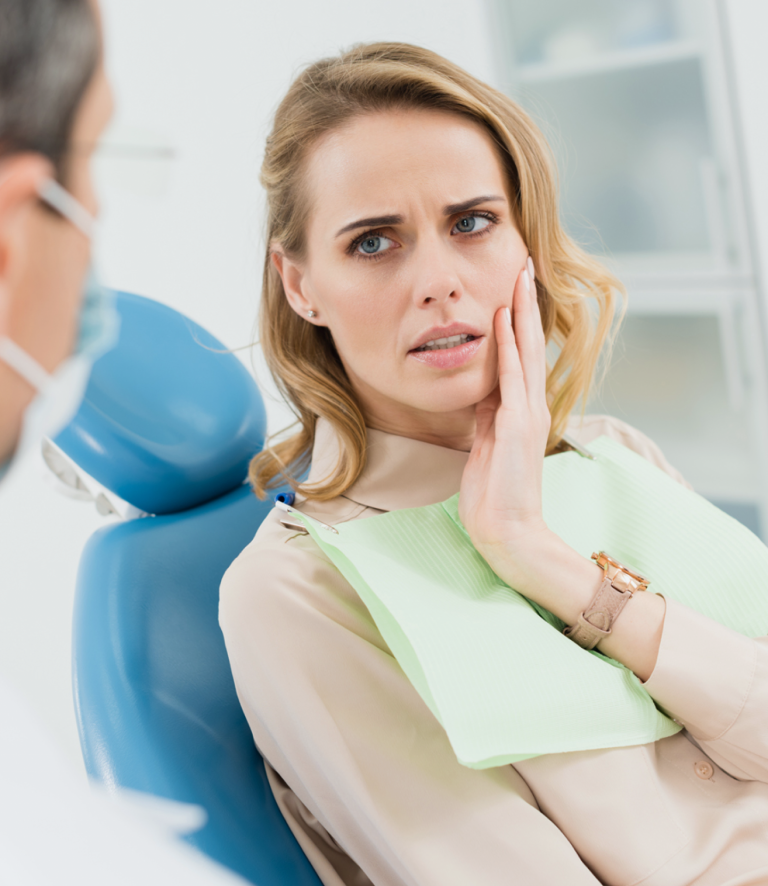
Do I Need Emergency Dentistry?
Unexpected dental issues can arise on occasion, whether it’s due to sports activities, slips on icy surfaces, or other mishaps that can cause immediate tooth damage. In such situations, our emergency dentistry services are here to promptly address some of the most urgent dental problems.
We consider any dental concern that requires immediate attention to save a tooth, stop ongoing tissue bleeding, or relieve severe pain as a dental emergency. It’s crucial to understand that a severe infection or abscess in the mouth can even pose life-threatening risks and should be dealt with urgently.
Feel free to reach out to us if you experience any of the following issues:
- A persistent toothache that hinders eating or sleeping.
- A knocked-out tooth.
- Broken or loose braces (If you have an orthodontist, call them immediately).
- Chipped or broken teeth (especially if the chip is significant or the tooth is cracked into pieces).
- Lost filling or crown.
- An abscess or ‘pimple’ on the gum-line.
Rest assured, we are here to provide the necessary assistance and care when you need it most. Don’t hesitate to call us in any dental emergency situation.
Dental First Aid - What To Do
We know dental emergencies can be scary and overwhelming whether it’s happening to you or a loved one. Remain calm, perform first aid, and arrange to see a medical professional as soon as possible.
Here are some practical tips for common dental emergencies:
Toothache
To alleviate discomfort, consider applying a cold compress to the affected area. Additionally, you may find relief by taking a pain reliever such as acetaminophen (e.g., Tylenol) or ibuprofen (e.g., Advil). However, it is crucial to adhere to your doctor’s recommendations and carefully follow the instructions on the medication bottle when using any medication. For better tracking, make a note of the medication taken, the dosage, and the time it was administered so that you can inform us about it when you visit our facility. Your well-documented information will aid in providing you with appropriate care and assistance.
Knocked-Out Teeth
Act swiftly, as time is crucial in potentially restoring your natural tooth! If an entire tooth has been knocked out and is reasonably clean, make every effort to reinsert it gently and promptly into its socket. However, if you’re uncertain or experiencing pain, avoid forcing it and instead, preserve the tooth in a cup of milk. Contact us immediately for further guidance and assistance. The chances of saving a knocked-out tooth are significantly higher if it receives proper treatment within the hour. Taking quick action can make a substantial difference in the successful restoration of your tooth.
Broken Teeth
Begin by rinsing your mouth with warm water to remove any smaller debris. If there is bleeding, apply gentle pressure using a piece of sterile gauze until the bleeding subsides. To alleviate pain and reduce swelling, you can use a cold compress. In this dental emergency, it is vital to contact us without delay. We are committed to swiftly addressing your situation, providing pain relief, facilitating healing, and working towards the restoration of your tooth. Your dental well-being is our priority, and we’re here to help you through this situation as quickly and effectively as possible.
Abscess
Abscesses are infections that develop around the tooth root or in the area between the gums and teeth. These infections are a grave concern as they can harm tissues and neighboring teeth. If left untreated, the infection may even spread to other parts of the body, leading to severe oral and general health issues. It’s crucial to seek immediate attention from your dentist. In the meantime, to alleviate pain and facilitate the movement of pus towards the surface, you can try rinsing your mouth several times a day with a mild saltwater solution (1/2 teaspoon of table salt in 8 ounces of water). This may help provide some relief, but it’s essential to see your dentist promptly for proper evaluation and treatment of the abscess. Your oral health is of utmost importance, and addressing the abscess promptly can prevent further complications.
Contact us today
to schedule an initial consultation & exam.
Your consultation will include an examination of everything from your teeth, gums and soft tissues to the shape and condition of your bite. Generally, we want to see how your whole mouth looks and functions. Before we plan your treatment we want to know everything about the health and aesthetic of your smile, and, most importantly, what you want to achieve so we can help you get there.
Frequently Asked Questions
While the dental first aid tips provided above can be helpful, the most important initial action is to give us a call right away! Our team will offer expert guidance over the phone to help ease your pain, preserve your tooth, and ensure you reach our clinic as swiftly as possible. Your well-being is our priority, and we are here to provide immediate assistance and support during this dental emergency. Don’t hesitate to contact us, and we’ll take care of you every step of the way.
Always follow your doctors’ advice and read the directions on the bottle before taking any pain medication. If it is safe for you, you may take a pain reliever like Tylenol, Advil or Aspirin to take the edge off. This is not a permanent or perfect solution. Dental pain is often nerve related and the only substantial relief will come from treatment a doctor can provide. If you do take something, write down what you took, how much you took, and when you took it and let us know when you come in.
Yes. If you need emergency dental care and go to the Emergency Room (ER), the ER will treat you and then bill your health insurance. The ER is not likely to be able to treat a dental problem unless it is a health emergency. They may also use temporary measures to relieve pain until you are able to see a dentist.
If left untreated, a broken tooth can collect bacteria, risking infection or abscess. A broken tooth also risks nerve damage and may lead to needing a root canal.
Should the abscess rupture, you may experience a notable reduction in pain, but it is essential to remember that dental treatment is still necessary. On the other hand, if the abscess does not drain, there is a risk of the infection spreading to your jaw and other regions of your head and neck. In severe cases, this could lead to sepsis, a life-threatening infection that can affect your entire body. Seeking timely dental care is crucial to prevent any further complications and ensure your overall well-being. Don’t delay in reaching out to a dental professional if you suspect an abscess or any related symptoms.

